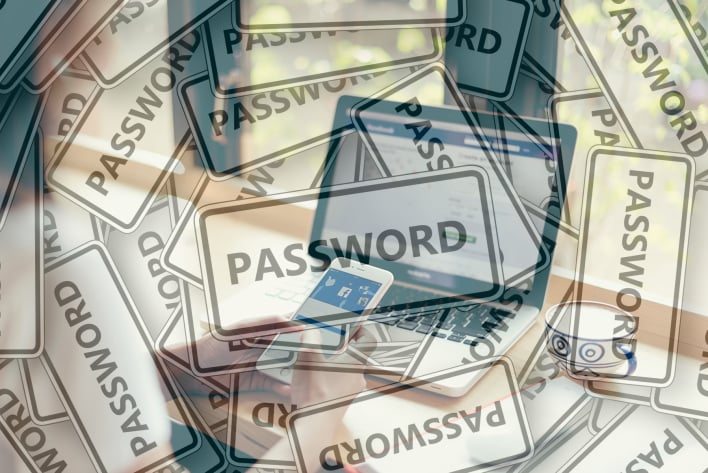

Don't sit there being pedantic about calling it "GNU/Linux" twice in a one-line post and then try to argue that web-based folder syncing is so hard to do that you're reliant on a free service to do it for you. This is a solved problem, in several ways. Or, there's Seafile, Pydio, S3/Wasabi buckets with rsync, or for the price of the higher tier Dropbox individual plan, will do a one-click install of Nextcloud with 2TB of storage *and* a VPN *and*.y'know.a seedbox. Or, you could simply pony up for a paid Dropbox subscription, or pick which three devices you actually-need to have syncing regularly and use the WebUI to download/upload on subsequent ones.

Or, Resilio Sync is pretty good and simply requires devices to be on at the same time to replicate data. If that's still too much and you're willing to put up with a performance dip, Nextcloud works on a Raspberry Pi the DietPi distro has an auto installer for it. People with a free Dropbox Basic plan will be able to store up to 50 passwords. If not, Nextcloud does work over a custom port I can speak from personal experience on that one.Īs for leaving a storage server at home turned on, I mean.if it's that much of an imposition, both Synology and QNAP have appliances which can handle this, and either run Nextcloud or their own first party plugins and applications which have Dropbox-like functions. Dropbox Passwords will be available for free Dropbox users starting in April. You should be able to get it working that way. That being said, while I can't speak for every ISP, the consumer ISPs in my area only block 80 and 25 443 is open even on consumer connections. pay the ISP to upgrade to a plan that allows forwarding ports and leave a PC at home turned on all the time? lease a VPS on which to run NextCloud or B. Users who signed in before 2012 and havent changed their password. While there are other free alternatives such as Bitwarden (opens in new tab) available, if you already use Dropbox's cloud storage service than it makes a great deal of sense to use the company's password manager as well, especially now that it will allow you to store the credentials of up to 50 online accounts for free.Or are GNU/Linux users instead expected to either A. The company claims over 500 million registered users, with over 200,000 businesses and organizations using Dropbox Business. With Passwords in Dropbox Basic, users will be able to store their 50 most important passwords in one secure place, access their passwords from anywhere with automatic syncing on up to three devices and securely share any of their passwords with anyone, though the company says the last feature is coming soon.Īs the number of data breaches (opens in new tab) and cyberattacks continues to increase, using a password manager can provide you with peace of mind as you know all of your passwords are safely stored in one secure place.

Even with a free Dropbox Basic (opens in new tab) plan, users will soon be able to try a limited version of Passwords.


 0 kommentar(er)
0 kommentar(er)
